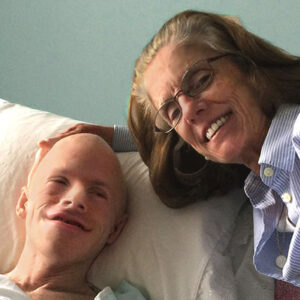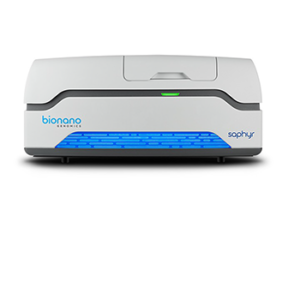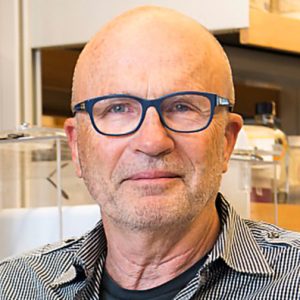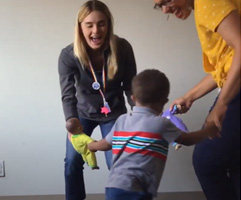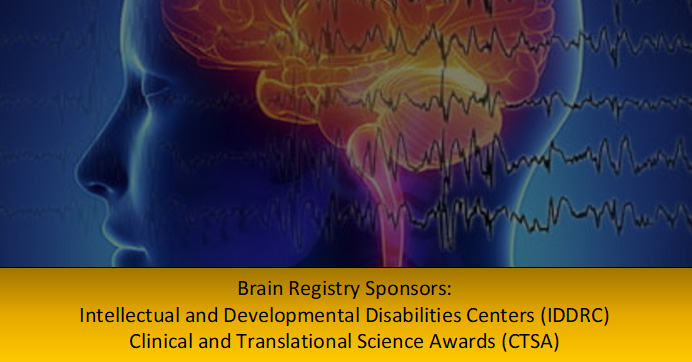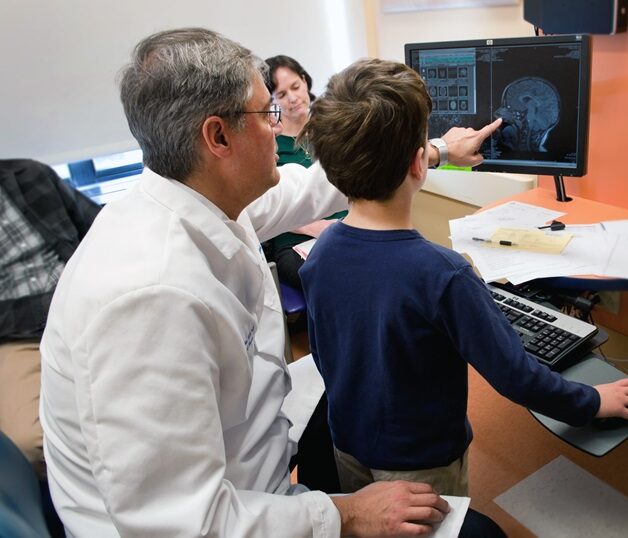A Parent’s Voice
When Dorothy Zirkle was seeking care, resources and answers for her profoundly intellectually disabled son she received little. His diagnosis was undetermined. Genetic testing did not provide clarity. Even her training as a nurse wasn't enough to keep up with Matthew's exceptional needs. Matthew started having seizures at 3 months, never sat, crawled, held a bottle, fed himself, and importantly, could not communicate in any decipherable manner. But he showed his appreciation and love through his kind eyes. Read about this parent, nurse, and PhD candidate's extraordinary journey as well and her resolve to lend a voice to parents who are navigating care for their children with special needs.


